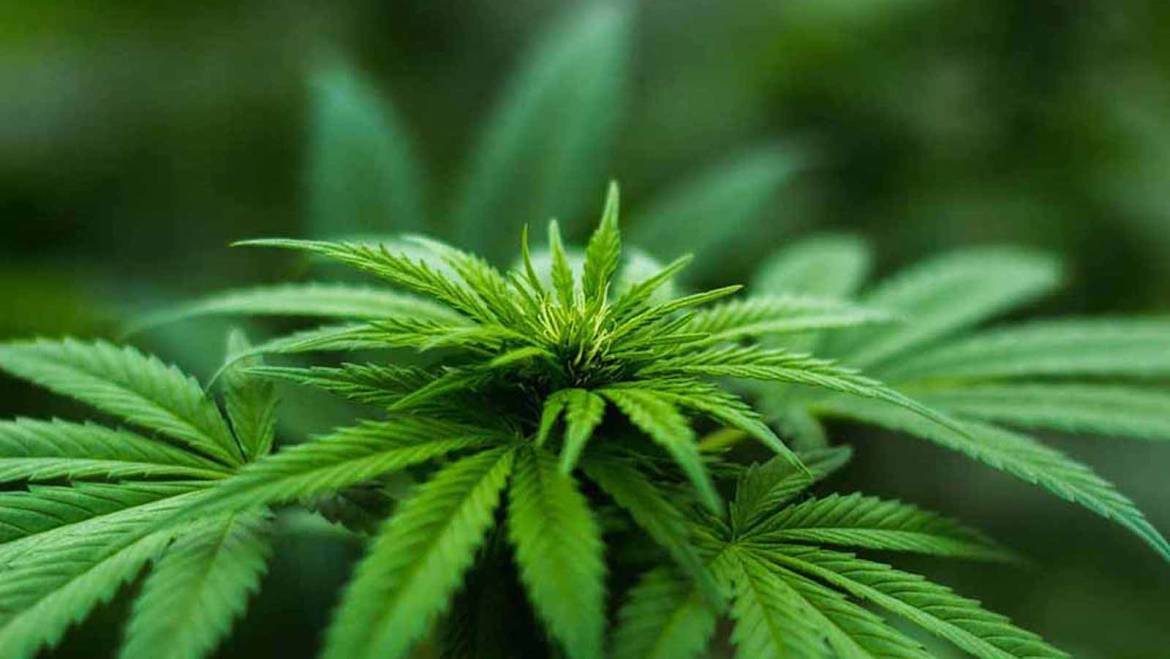What Is Cannabidiol
What Is Cannabidiol. Cannabidiol, commonly known as CBD, is a compound found in the cannabis plant. Unlike its well-known counterpart, THC, CBD is non-psychoactive, meaning it doesn’t cause a ‘high’.
CBD: A Non-Psychoactive Compound
CBD is one of over a hundred cannabinoids in cannabis. It interacts with the body’s endocannabinoid system but does so without the psychoactive effects associated with THC. This unique property makes it appealing for those seeking therapeutic benefits without intoxication.
Therapeutic Benefits of CBD
Research suggests CBD may offer various health benefits. It’s studied for its potential to relieve pain, reduce anxiety and depression, and aid in sleep. Furthermore, CBD has shown promise in treating some forms of epilepsy.
CBD Products and Uses
CBD is available in various forms, including oils, tinctures, capsules, and topical creams. These products cater to different preferences and are used for various health-related purposes. Additionally, the concentration of CBD varies among products, allowing users to choose based on their needs.
Legal Status and Considerations
The legal status of CBD varies. In many places, it’s legal when derived from hemp plants with low THC levels. However, it’s important to be aware of local laws regarding CBD.
Quality and Safety
When choosing CBD products, consider their quality and safety. Look for products tested by third-party labs to ensure purity and accurate labeling. Furthermore, consulting with a healthcare provider before starting CBD is advisable, especially for those with existing health conditions or taking medications.
Conclusion
Cannabidiol offers potential health benefits without the psychoactive effects of THC. Understanding what CBD is, its uses, and legal considerations is crucial for safe and informed usage. As research continues, our understanding of CBD and its applications is likely to expand.
Click here to read similar articles.



Add Comment